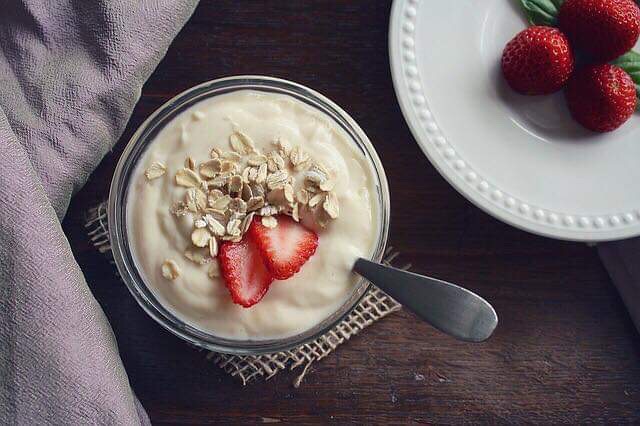You may believe an oat is an oat and the nutrition you are giving your body will be the same regardless of the type. This is a common misconception as the way the oat is processed means there is different levels of oat ‘completeness’ and how the oat affects your blood sugar will differ. When the oat is picked in its least processed form after the hull has been removed is called a groat or whole oat. The groats are then processed further and comes out with different varieties:
- Quick/Instant Oats
Starting with the variety which is most processed and as a result has a high glycaemic index (GI) at 82 These oats are milled from steel cut oats/groats which have been chopped up into flakes. Be careful with this variety as there are brands which add additional ingredients which may spike your blood sugar further by adding additional sugar. You can check for added sugar in the ingredients or look under total carbohydrates and there should be none. Half a cup of dry instant oats will give you around 627kJ, 3g of total fat, 27g of total carbohydrates, 4g of fibre and 5g of protein.
- Rolled Oats
A classic favourite which sits at a medium GI of 57. These are groats which are steamed and then finally rolled to produce flakes. Half a cup of a serving of whole grains will give your body around 795kJ, 7g of protein, 3.5g of fat, 32g of total carbohydrate and 5g of fibre.
- Steel cut oats
These are simply groats which have been cut into smaller flakes and sit at the lowest GI of 42-52. Scottish oats differ simply that they are stone ground rather than cut using a blade. These oats work perfectly in salads, soups or pilaffs as a replacement for pearl barley. Half a cup of steel cut oats will give you 1422kJ, 6 g fat, 58g of total carbohydrate, 10g of fibre, 14g of protein,
Nutrients all varieties of oats give your body include soluble fibre which can help maintain healthy cholesterol levels by binding to the cholesterol in your body and dragging it out. Also, B vitamins essential to create energy from the food you eat, vitamin E a fat-soluble vitamin and acts as an antioxidant, iron needed to help transport oxygen around your body and zinc needed for immune support. The amount of these vitamins and fibre decreases with the processing of the oat.
If you add milk or any other ingredient like nuts and seeds or fruit to your breakfast or smoothie this will affect how the meal or snack will affect your blood sugar so it’s important to look at the whole composition of the food you are eating.
Take home message: Oats, regardless of their form offer a delicious and nutritious snack or meal choice. There is no added sugar in this whole grain unlike many other cereal products and this is itself deserves a round of applause. If you want long lasting energy over a short burst try selecting the less processed oats like steel-cut oats, Scottish oats or traditional rolled oats over the quick oats.








